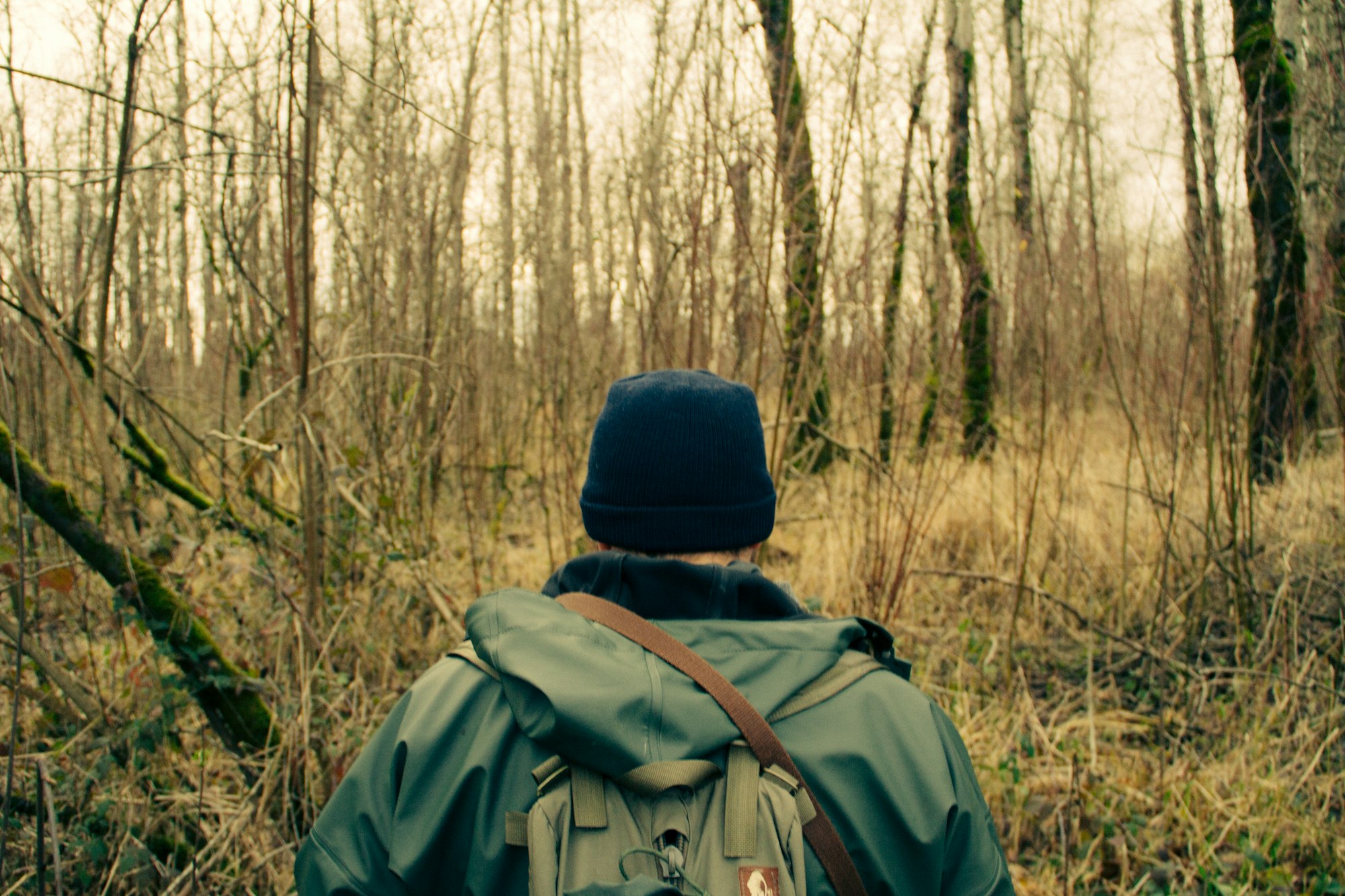Survival

The plan this week was to post something on how the Modern Algebra course turned out, and maybe another one of those GTD-oriented posts, maybe on how to end the semester strong. But today this seems dishonest. Because while I've been able to manage the stress and demands of doing my job over the last year, in the meanwhile there has been trouble brewing over on the personal and family side of things. At times that trouble has boiled over and we've dealt with it. This week it boiled over again but this time we are struggling hard, and for me unsuccessfully, to deal with it. And so I find myself in the same boat as a lot of others — in a mode of daily survival.
I am not burned out at work, at least not any more than I usually am this time of the year. And I very much dislike the Twitter-driven narrative that says that all faculty members are burned out and the implication that if you are not burned out at work you are somehow a robot, not fully human. Work has actually been a refuge. I've been energized by the problems we are facing in higher education because it finally feels like we are asking the right questions, and the door has finally been kicked open to implement widespread, radical, systemic change. I wasn't sure this was going to happen in my lifetime. So work has been pretty great, despite the challenges. It means something these days.
No. The problem is not burnout or being existentially tired, or whatever. The problem is that for whatever reason — probably pandemic-related but it's also not that simple — life outside work takes its own shape, and it can exert pressure and cave in on you just as it does when you have a dynamic, healthy family life but issues at work. I am being oblique here because I don't air out personal and family issues on this website. You probably know what I mean without explaining. And I am not looking for an intervention or pity. Instead I want to map out, in my own meager and probably insufficent way, how I hope to survive the next two weeks and limp across the finish line of this academic year, because maybe someone will find this useful.
- Stick to the schedule. I have daily routines that I've fallen into, sometimes intentionally stepped into. They give my life structure and sometimes help me make decisions. For example I always engage in a shutdown/reset ritual at 4:30pm where for a half hour I zero out my inboxes, write in my journal, then shut down my computer and go make dinner. I don't have to think about when and how to end my workday; the routine automates that. When you get to survival mode, these routines are not just amusing but vital and necessary. Don't break them.
- Identify the priorities and get those done. There's a lot of stuff in my actions lists. Most of it is nonessential but at one point had my attention. In a time like this you have to identify the essentials – like, literally essential, and as defined by me personally and not somebody else — and make those the only things on the list. And then get them done, because keeping commitments is a powerful generator of meaning.
- Everything that is not a priority is optional for now. If it's not essential, it gets moved to the "back burner" list — out of sight and out of mind — until such time as I have energy, motivation, and headspace to think about. Which will not be until May 1 at the earliest right now. Sorry, not sorry.
- Take care of your physical body. The problem here is primarily with the mind and the heart. Those are both part of a physical body. Cutting back on sleep and skipping basic exercise because you're "too busy", eating crappy food and too much of it in order to comfort yourself, are all recipes for making a bad situation worse. Go to bed. Eat real food and not too much. Go for a walk.
- Take notes. You'll need to remind yourself what this time was like at some point, so write things down. Writing things down also brings definition to those things and is an objective good. Those notes can be made public, like this post. Or they can be locked away for only you to see. Your choice. But don't ignore it.
- Remember it has meaning even if you don't see it. It feels like teaching about ring isomorphisms is absurd in a time like this; but for some, this might be the most beautiful thing they've seen and possibly the only beautiful thing throughout the entire pandemic. Spending 5 minutes responding professionally to a student email seems like a waste of time when you can spend 1 minute and be snippy about it, but every interaction move the other person slightly more on course or off course in their life trajectories. You may not be around to see the results of these small things, but they all mean something.
- Remember what is being asked of you. I am not being asked to fix people, do the impossible, or do everything. I am only being asked — as a human being, as a father, as a husband, a friend, a colleague, a teacher, a writer — to be present, to listen, to show mercy where I can, and to be constant in my care for others. This can be an immense challenge all by itself. But it means something, and it's not impossible. I have the tools; will I use them?


